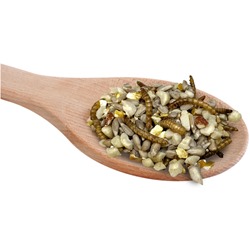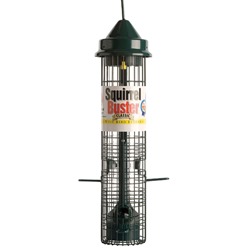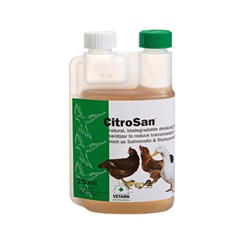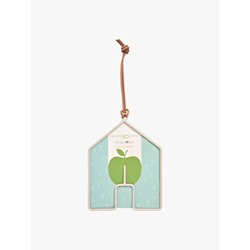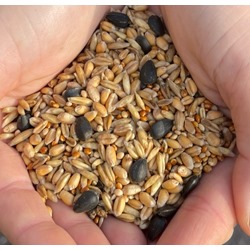Around this time of year (mid to late November) when average daily temperatures start to fall and the seeds, masts and fruits in the hedgerows are pretty much eaten up, garden birds will start to return to your feeders. The seed-eaters like tits, finches, robins, dunnocks, blackbirds etc will visit feeders and will fill up on dry seed. However, it is a bit like having toast in the morning without an accompanying cup of tea if you don't also offer them clean drinking water!
Most garden birds do need to drink at least twice a day. They lose water through respiration and droppings. Really lucky people have a free-flowing stream or river running through their gardens and will notice that birds will find easy access points where they can drink and bathe in relative safety. For us less fortunate, putting out a birdbath, or an upturned metal dustbin lid, and keeping the supply of water clean, will be gratefully received. Here are a few water 'top tips' to make winter healthy for your birds and easy for you!
Winter bird tips
- Experiment with the location of your birdbath. Birds need to feel safe when they bathe as they don't fly well with wet feathers. If it isn't being used - try moving it to a different spot in the garden.
- Try to leave at least 2 meters distance between the birdbath and some cover, like a hedge or tree. This will give them some cover if they feel threatened and the distance will give them security against predators like sparrowhawks and cats.
- Adding stones or pebbles is a really good way to encourage them to use your birdbath. It helps stimulate a natural shallow pool. The birds can sip and keep an eye out for trouble. Ideally, the birdbath should have sloping sides and a rough texture so make it more slip-resistant with the water about 1-4 inches deep.
- Keep on top of your cleaning routine. Choose and use a birdbath which is easy for you to man-handle and made of materials which are easy to scrub clean. I am always going on about how dirty water can be a major factor in the transmission of diseases such as trichomoniasis and salmonella, so PLEASE KEEP 'EM CLEAN.
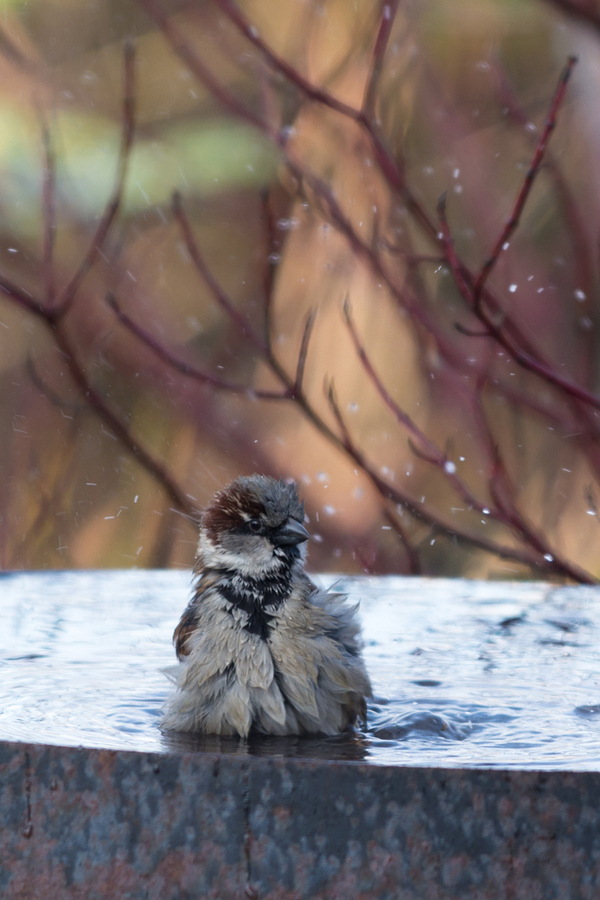
How to stop bird baths from freezing over
When the temperatures being to fall and the water in your birdbath turns to ice, the birdbath will be unusable for your visiting birds. This presents a problem as if alternative sources of water aren't found, the birds run the risk of becoming dehydrated. Maintaining hydration is a key factor in staying warm - so not only do birds become thirsty, they become cold as well. They then need to eat more to keep their body temperature up which compounds the problem.... so please make sure that you break the ice regularly. Here are some more ways that you can avoid your birdbath from freezing over:
- Adding a light floating ball in the water will keep a small amount of water ice-free and accessible to visiting birds
- Pour some warm water from a pan/kettle into the birdbath
- Relocating your birdbath to a sunny spot in the garden
- Lining the birdbath with a polythene sheet that you can lift out with the ice
- Please DO NOT be tempted to use any kind of anti-freeze - these products are mostly toxic to birds.
You can buy a bespoke birdbath in a variety of different sizes, heights and materials, but it is also quite nice to create your own, and I would love to hear from you what kinds of items you have used successfully as birdbaths and any top tips you might have for keeping them active and healthy during the winter months!
You can browse our range of quality birdbaths and bath equipment below to attract more birds to your garden and keep them alive and healthy during the winter months!
Our Birdbaths & Equipment >
For more information on our range of products or tips on winter bird feeding, please do not hesitate to get in touch with a member of our team today - we'd be more than happy to help!
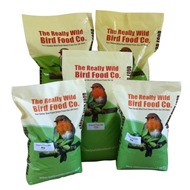
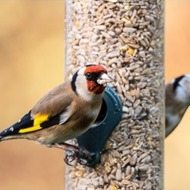 Back
Back Bird Feeders
Bird Feeders  Seed Feeders
Seed Feeders Peanut Feeders
Peanut Feeders Peanut Butter Feeders
Peanut Butter Feeders Suet & Fat Feeders
Suet & Fat Feeders Window Feeders
Window Feeders Hanging Feeders
Hanging Feeders Feeding Stations
Feeding Stations Ground Feeders
Ground Feeders Easy Clean Feeders
Easy Clean Feeders Bird Tables
Bird Tables Seed Trays
Seed Trays Bird Baths & Drinkers
Bird Baths & Drinkers Feeder Accessories
Feeder Accessories Feeder Hygiene
Feeder Hygiene Squirrel Proof Bird Feeders
Squirrel Proof Bird Feeders For the Kids
For the Kids Niger Seed Feeders
Niger Seed Feeders Mealworm Feeders
Mealworm Feeders Bird Food Storage
Bird Food Storage Fat Ball Feeders
Fat Ball Feeders Tube Feeders
Tube Feeders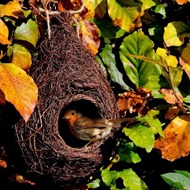

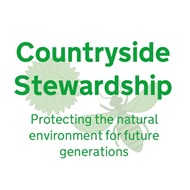

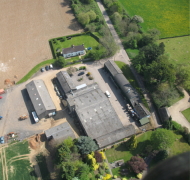 Our Farm
Our Farm Contact Us















